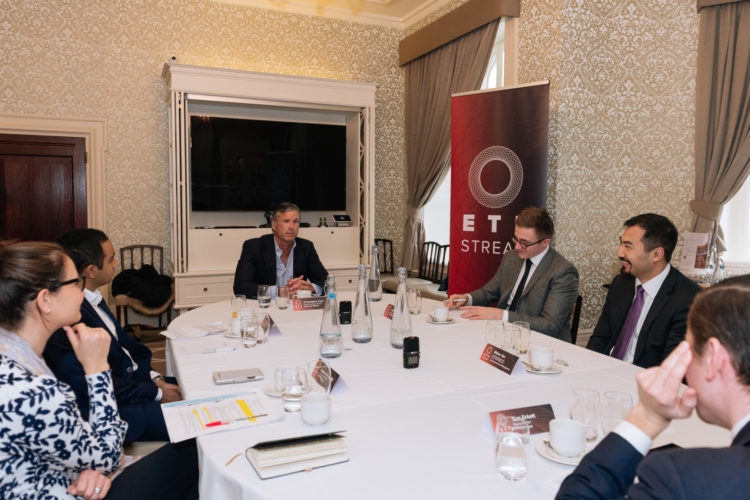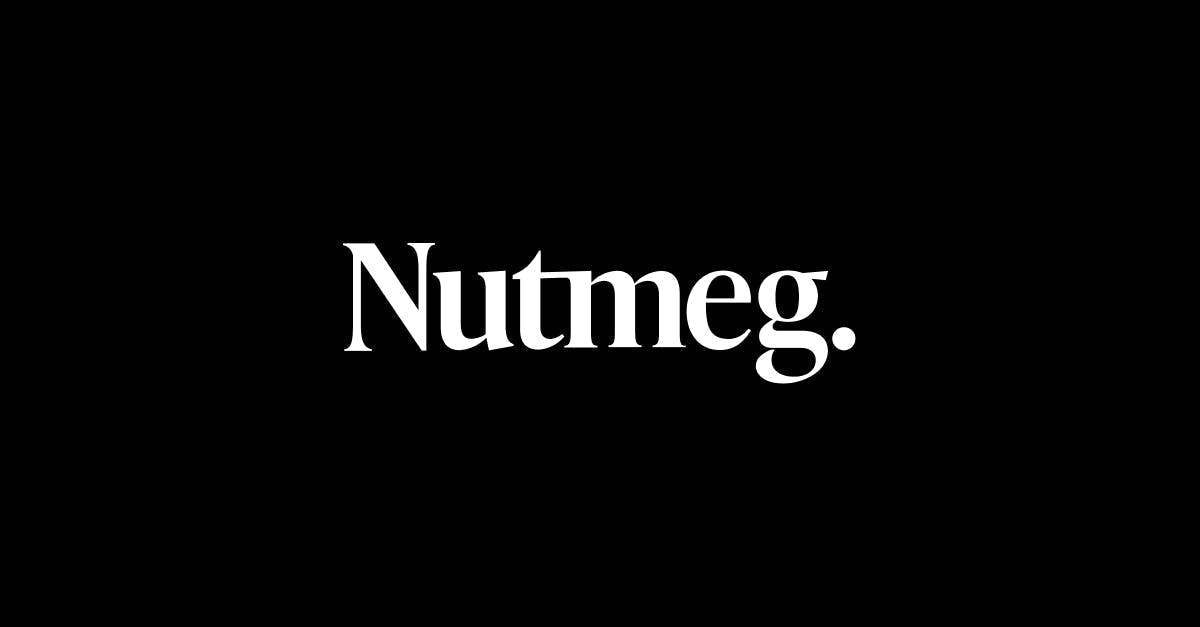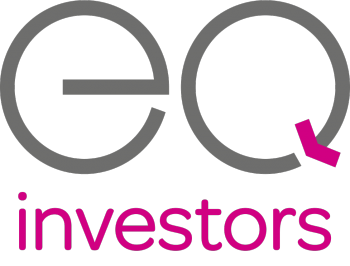ETF Stream
hosted its first roundtable of 2020, discussing how wealth managers incorporate ETFs into their portfolios, the products they want to see more of and the impact platform issues have on their ETF usage.
Our roundtable speakers included:
Christopher Peel, chief investment officer, Tavistock Wealth
Sophie Kennedy, head of investment, EQ Investors
Weixu Yan, investment manager, Close Brothers Asset Management
Rumi Mahmood, ETF Analyst, Nutmeg
Moderator: Tom Eckett, deputy editor, ETF Stream
The discussion started with ETF usage within their respective portfolios. All participants use ETFs but vary in the use of physical and synthetic replication with Yan (pictured below) highlighting the benefits of synthetic for emerging markets, in particular.
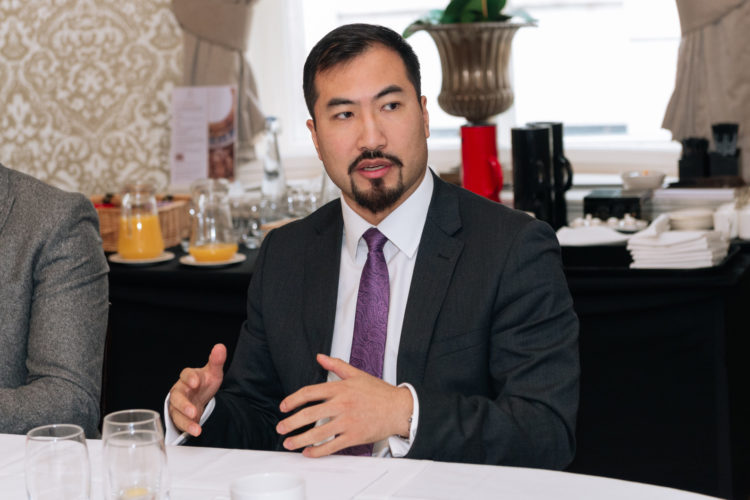
In physical, investors can hold the underlying when a fund closes whereas one owns the collateralised stocks for synthetic. For synthetic ETF closures, these are “more easily tradable” in most cases such as emerging market ETFs because the collateral is usually more tradeable assets such as European stocks, Yan explained.
A unanimous agreement for the reason for using ETFs was because they enable investors to gain a variety of very granular exposures at a low cost.
Mahmood explained how transparency benefits the educational side of Nutmeg’s business. “Offering retail investors access to diverse and transparent portfolios means it’s easier to educate them on what it is exactly they own.”
Additionally, he added the importance of a secondary market. In periods of market stress, it offers more liquidity, however, the seller “might not like the price”.
Environmental, social and governance (ESG) has been an important factor all wealth managers have had to consider over the last year. Kennedy (pictured below) primarily focuses on the low carbon approach to ESG but identifies there are definition problems hindering the development. Yan added how definitions can differ depending on what asset class you are looking at as well.
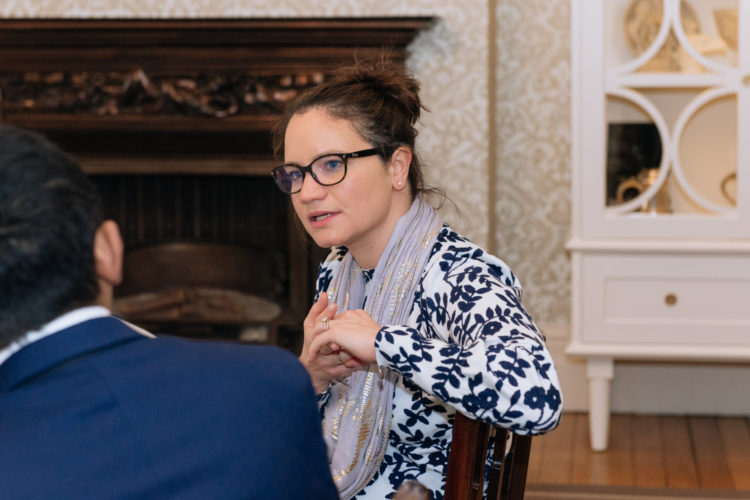
“ESG, ethical and sustainable investing are used interchangeably for the same thing but to me, they all mean something different,” Yan said.
While Yan does not currently invest in ESG, a significantly large asset stewardship program is needed for him to consider it. Despite this, there have been large inflows into passive ESG strategies last year that have been driven by retail investors.
An area of the market that Peel feels needs more development is the green bond space. “You cannot run a properly balanced ETF portfolio without fixed income products,” he said.
Thematics is another segment of the market that has received a lot of attention and is an “area where markets are going”, according to Kennedy. Most notably, robotics and artificial intelligence were areas of interest with the wealth managers.
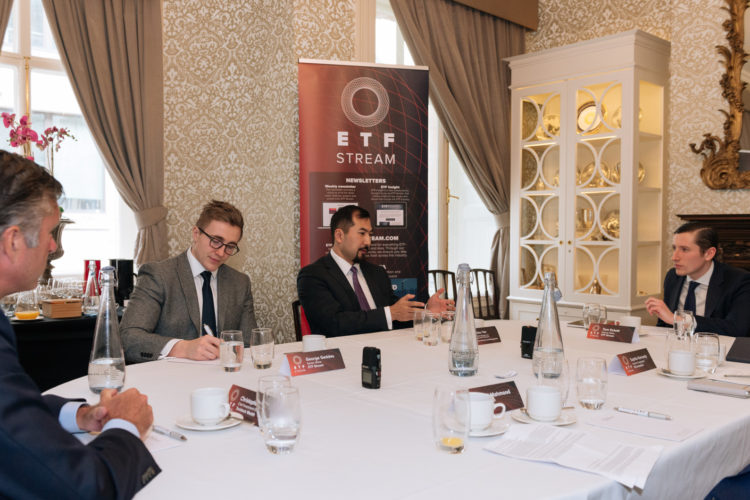
Peel said ETFs with high ESG scores appear to perform better in volatile markets because of the “weight of money going into the space and investors tend to hold them longer during periods of stress".
There were several themes, however, in which the investors avoid at all costs. Mahmood requires a long track record and liquid market, similar to Yan who said liquidity is a big factor and would stay away from something like physical property.
Additionally, non-transparent ETFs were unfavourable among the panellists. Peel said he needs to be able to inform his clients what exactly they are investing in. “If you can’t explain the product in 60 seconds, you shouldn’t be buying it at all.”
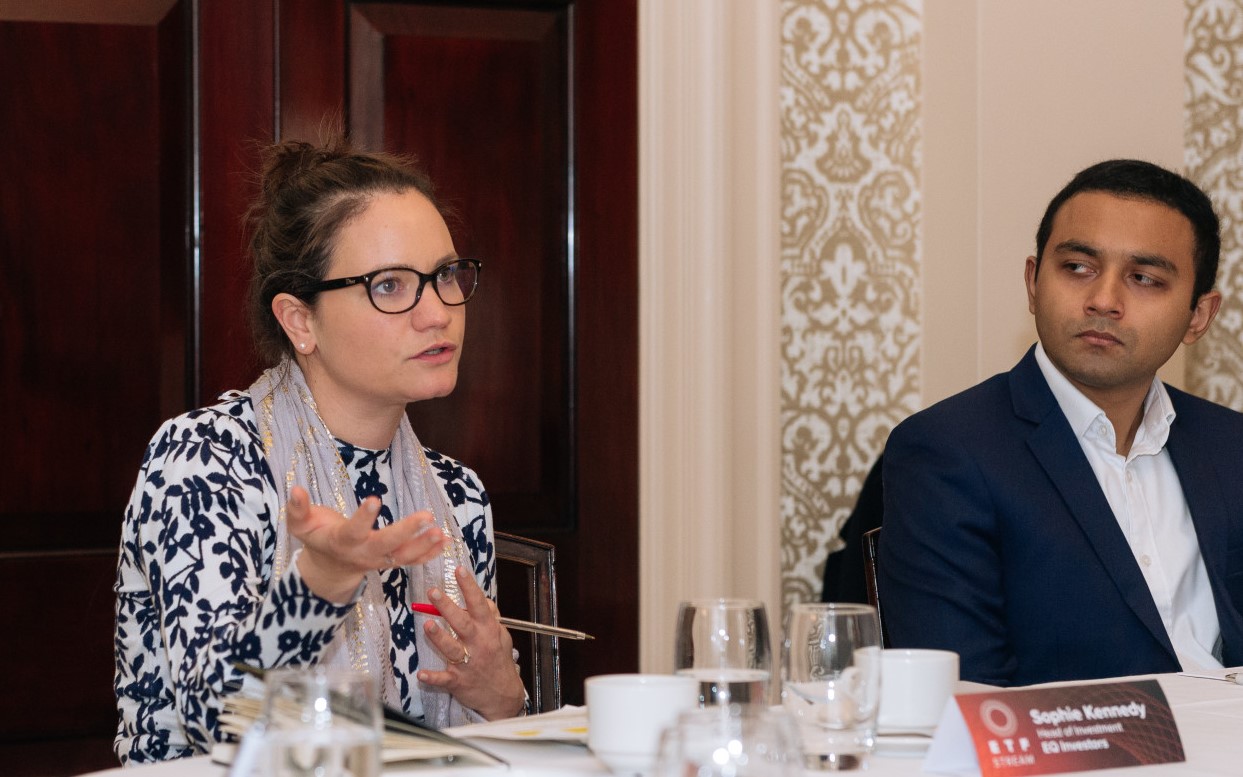
Peel, who has complained to the Financial Conduct Authority about the ongoing monopolistic behaviour in the platform industry, claimed the platforms with the most AUM “are still living in the Stone Ages and are preventing a level playing field in the retail market”.
Yan added: “There needs to be more pressure on platforms from wealth managers and retail investors for this to be resolved.”
